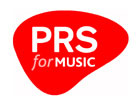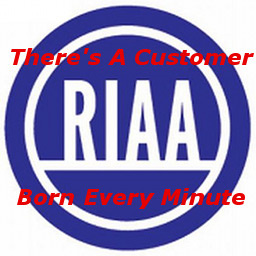
UK songwriter royalties fall without YouTube contribution
 Last week PRS for Music, the UK performance royalty collection organization, announced revenue for terrestrial broadcasts and internet streaming in the first half of 2009 was down 6 percent from last year.
Last week PRS for Music, the UK performance royalty collection organization, announced revenue for terrestrial broadcasts and internet streaming in the first half of 2009 was down 6 percent from last year.
PRS for Music collects royalties for close to 60,000 songwriters and music publishers.
An official statement blames "phasing of revenues" for lower than expected earnings, but conveniently doesn't mention the loss of income from YouTube earlier this year. In March, while PRS for Music was renegotiating royalty rates with YouTube, the world's biggest online video service began blocking access to most music videos for UK viewers.
At one point last year YouTube was reportedly responsible for 40 percent of PRS members' video plays. It's hard to imagine that the loss of their royalty payments since March wasn't a major contributor to the revenue decrease.
In May PRS for Music announced new streaming royalty rates, which took effect at the beginning of this month.
The per stream minimum dropped substantially, which should help smaller webcasters. At the same time the basic rate increased to 10.5 percent of revenue from 8 percent.

 Jammie Thomas-Rasset will be appealing the $1.92 million judgement against her in the first RIAA file sharing case ever decided by a jury.
Jammie Thomas-Rasset will be appealing the $1.92 million judgement against her in the first RIAA file sharing case ever decided by a jury.
 The HTML 5 standard won't include requirements for browsers to support particular audio or video standards according to Ian Hickson, editor of that standard on behalf of the Worldwide Web Consortium (W3C).
The HTML 5 standard won't include requirements for browsers to support particular audio or video standards according to Ian Hickson, editor of that standard on behalf of the Worldwide Web Consortium (W3C).







